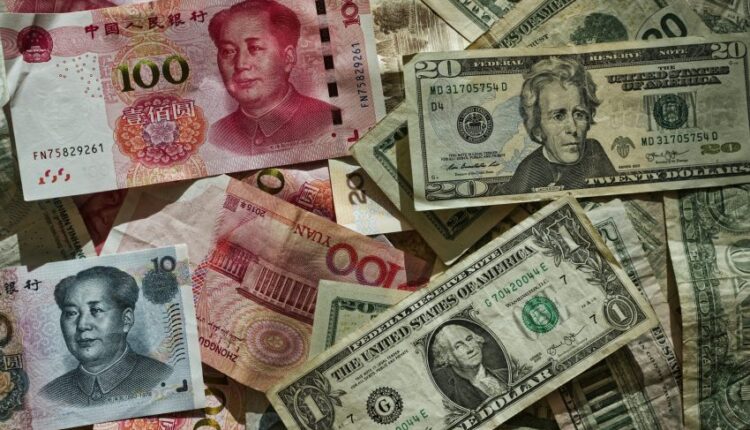In China, Starbucks Tries to Avoid Price War but Gets Dragged Into Discounting
Starbucks is facing stiff competition from fast-growing, low-cost rivals in China, which has chipped into its market share. The company has come under growing pressure from investors recently due to weaker sales in its two biggest markets – the United States and China. Starbucks’ China CEO Belinda Wong said in January that the company is not interested in entering a price war but is focusing on capturing high quality but profitable, sustainable growth.
As Chinese consumers post on social media about Starbucks’ increased discount coupons, analysts, Reuters checks, and Chinese consumers posting on social media point to an increase in discount coupons being offered by Starbucks through its own mini-programs, livestreams on Douyin, and third-party delivery platforms popular for ordering coffee. This has made it relatively easy for Chinese consumers to buy its most commonly ordered coffees with 30% discounts or two-for-one coupons without dropping their listed prices, sliding down a slippery slope of increased discounting towards a potential price war.
The emergence of a price war in the coffee sector in China comes amid a persistent deflationary environment, exacerbated by weak consumer sentiment as the economy struggles to recover and wages stagnate. Starbucks, according to Jason Yu, greater China managing director of market research firm Kantar Worldpanel, has no choice but to compete to some degree on price in a market where low cost battles have become “the new normal.” Strengthening promotional offers, increasing the intensity of promotions, and being very active on social media are essential moves to maintain their position so market share is not further eroded.
In second quarter results released at the beginning of May, Starbucks said same-store sales in China – its second-largest market – fell 11%, prompting it to slash annual sales forecast. The coffee chain had a 13.6% market share of China’s cafe and bar market in 2022, according to the most recent available data. Daxue Consulting, a market research firm, estimated China’s roast coffee market at $11.7 billion in 2023 and projected it to grow to $13.25 billion by 2025.
Starbucks remains more discerning in its approach to distributing discount coupons than others, saying that its promotion volume will be small, they will be in a specific period of time, or for some specific products. Starbucks China CEO Wong last year said “Deep Brew,” the firm’s AI data analytics engine, would allow it to pitch discounts to “the right customers at the right time” in China, though the firm declined to comment on the use of Deep Brew as part of its current strategy.
Luckin Coffee, launched by former Luckin Chairman Charles Lu, offers Americanos for 8.8 yuan with a coupon and KFC’s KCoffee allowing members to buy 5 yuan coffees for 30 days on a 10-yuan membership fee. With 18,590 stores already more than double the 9,000 Starbucks says it will open in China by 2025, Luckin revenue reached 24.86 billion yuan ($3.45 billion) in 2023, surpassing Starbucks’ comparable annual sales of $3.16 billion in China.
While price will be an important factor in consumer decision-making for the foreseeable future, Starbucks won’t beat its competition in a race to the bottom, Kantar’s Yu says. The American firm should continue with its strategy of offering a premium in-store experience its competitors can’t match.
Read More @ Yahoo
Source: Coffee Talk



